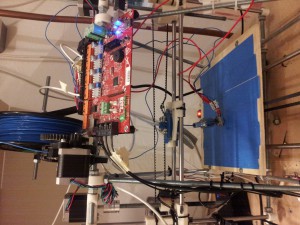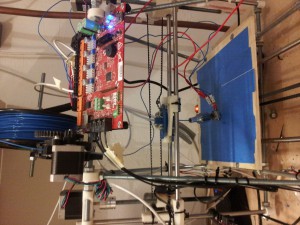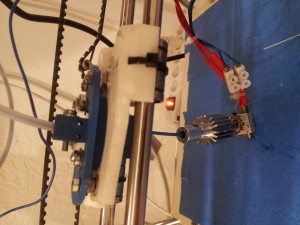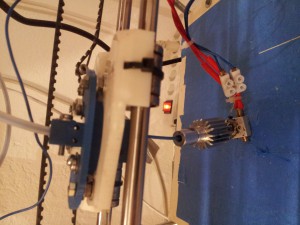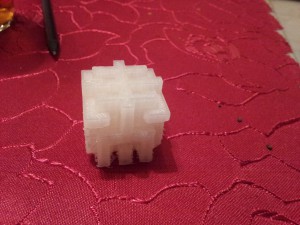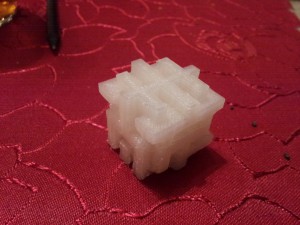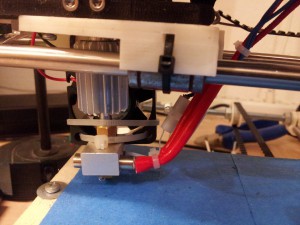If you meet someone and you aren’t sure if the person in front of you might be a psychopath, there is a pretty simple formula which appears to be correct most of the time.
Let’s say we take $$p$$ as the number for the ranking someone has in a certain hierarchical structure and $$m$$ for the number of possible available rankings within the said structure (for instance top management), then we norm with $$n$$ which is the number of subjects involved within the leadership of said hierarchical structure layer (for example chair holder, or board member), then we can formulate the psychopath index with:
$$\psi(n,p,m)=\frac{p}{n \cdot m}$$
Examples 1:
You meet a top manager of a multibillion pharmaceutical company.
The company has around 20 different rankings you can get, the woman you meet is under the manager which answers to the board, so we have $$p=18$$ and $$n=20$$ as well as $$m=1$$ since she has no coworkers in her management layer.
The probability that the person in front of you is crazy is around 0.9 or 90% which tells you that’s a pretty bad idea to turn your back to this person.
If she had a coworker the probability for craziness would have been less then 50%, but since she is working alone, maybe she has blown up the car of her co worker or has her burned alive in car wheels as the Mexican drug cartels are used to do. You’ll never know.
Example 2:
You go to a quite place in Elsace where you have at least 3 hectares for yourself, but there is a neighbor with his own house some mile away.
You meet, so there are only two people, of which one lives self sustaining.
With $$m=p=1$$ and $$n=2$$ we get a fifty fifty chance that one of these two is a psychopath, which turns to be correct.
Bazinga!
Lemma:
“American psycho” proofs to be quite realistic.
